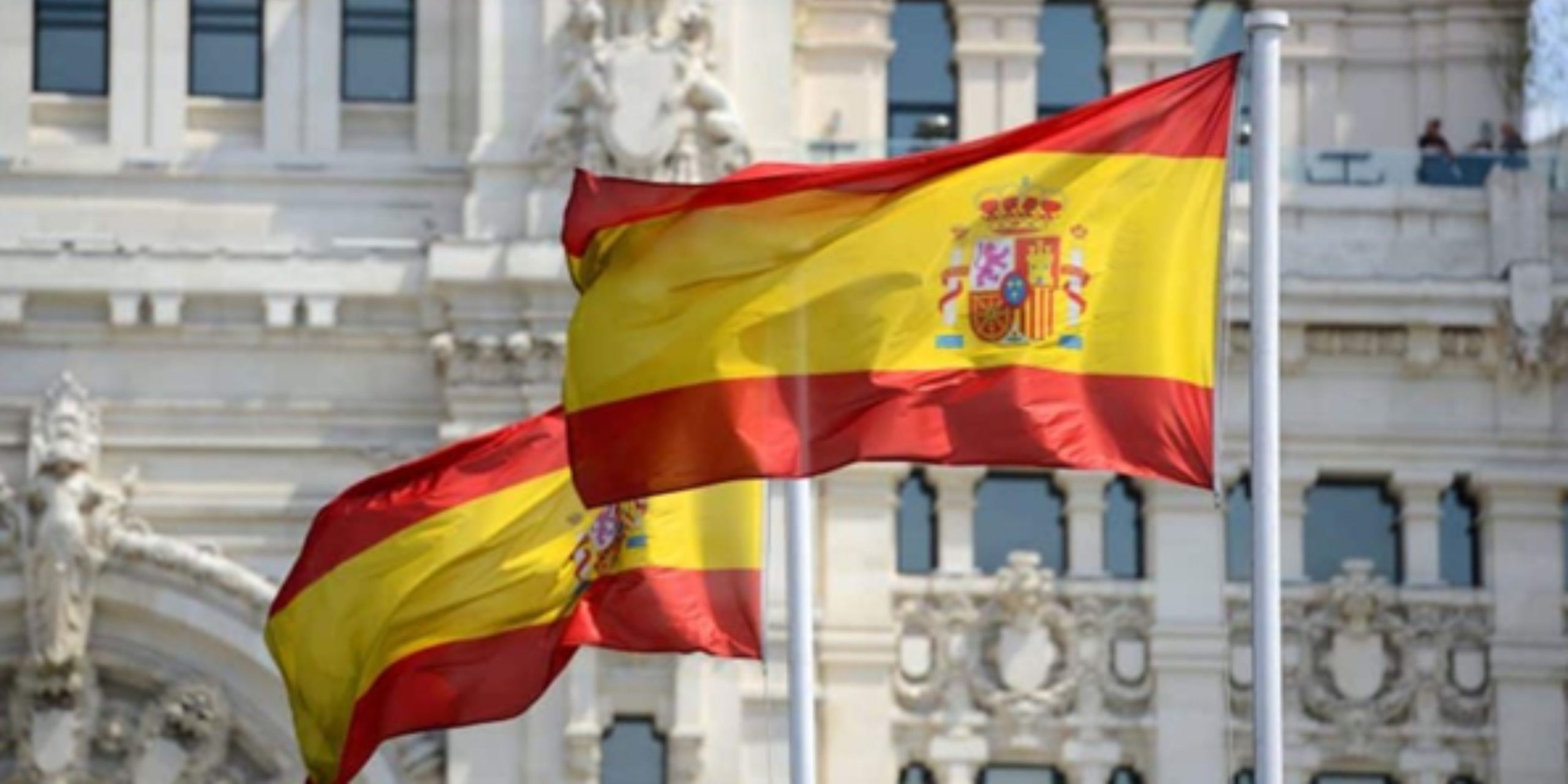The Spanish Ministry of Ecological Transition and Demographic Challenge has launched the Collaboration Platform for Climate Neutrality of Spanish Cities, developed by EIT Climate-KIC together with The Universidad Politécnica de Madrid.
The Collaboration Platform will help cities become climate neutral by 2030, within the framework of the European Climate Neutral Cities Mission. The effort is linked to the programme led by EIT Climate-KIC.
Seven Spanish cities unite over one goal: climate neutrality
Due to their geographic location, Spanish cities are particularly vulnerable to the impacts of global warming, such as droughts, heat waves, water shortages, and sudden flooding. As a result, combatting the effects of climate change has become a major priority and many municipalities have already put climate neutrality and adaptation measures in place.
But urban transformation and integrating climate action in municipal policies can be challenging. That’s why many European cities opted for the systemic transformation, collaborative work, and cross-learning promised by the EU NetZeroCities programme. Seven Spanish cities (among a total of 112 European cities) have been selected by the European Commission to take part: Madrid, Barcelona, Valencia, Seville, Zaragoza, Valladolid, and Vitoria-Gasteiz.
These same cities are also the first cohort working on implementing the Collaboration Platform. The Platform will provide services that facilitate and accelerate urban transformation. It will also provide a space for dialogue and multi-stakeholder action to maintain collaboration between Spanish cities on their path towards climate neutrality.
A platform built for collaboration
The first main objective of the Collaboration Platform is to facilitate, align, and coordinate the efforts of the seven Spanish cities. For the first months of the project, the cities will work on developing and improving their Climate City Contracts with support from the National Platform and the NetZeroCities programme.
Launched by Fundación Biodiversidad at the end of 2022, the Platform is coordinated by EIT Climate-KIC and Universidad Politécnica de Madrid (UPM). The Spanish Ministry of Ecological Transition and Demographic Challenge has given its full support for the collaborative, transdisciplinary, and systemic approach both organisations have developed with various Spanish cities over the course of several years. This approach represents a different way of producing solutions that address the climate crisis. It requires innovative ways of thinking and collaborating that engage all stakeholders — including citizens — and reshapes financial structures.
The Collaborative Platform is inspired by the previous experience of developing a collaborative initiative through the Madrid Healthy, Clean Cities Deep Demonstration process led by EIT Climate-KIC and facilitated by UPM. This programme has been instrumental in developing the City Council’s Climate Neutrality Roadmap, designing and accelerating a transformative portfolio for the city, strengthening a broader ecosystem of stakeholders, and establishing the Interdepartmental Working Group (Grupo Clima) composed of representatives from different government departments.
A success story for Europe
In December 2022, representatives of the municipalities of the seven Spanish cities, the Ministry of Ecological Transition and Demographic Challenge, the private and social sectors, and academia held a working meeting, facilitated by the National Platform, with Patrick Child, Manager of the European Mission for 100 Climate-Neutral and Smart Cities by 2030. They shared information on the design and implementation of the Climate City Contracts and talked about the challenges and opportunities that the mission brought at the local and national levels.
Patrick Child observed that this was the first time that an initiative of this magnitude had been carried out in Europe. He added that the work done in Spain by the different cities, the national platform, government agencies, the private sector, civil society, and academia serves as an inspiration for the other of the cities that are part of this European Mission. He also stressed the importance of the different ministries coordinating their efforts to work hand in hand with the different national platforms.
Elena Pita, Director of Fundación Biodiversidad, emphasised the growing demand from cities to work on decarbonisation and the importance of the multi-stakeholder approach for the success of the mission. Another success factor that Spain is counting on, she said, is a collaboration between different levels of government. Pita also highlighted the importance of synergies and complementarities with the European Adaptation Mission.
The stakeholders highlighted the role of the NetZeroCities Platform and the National Platform as elements of the European Commission’s support to cities to achieve the Mission’s objectives through human and technical resources.
Learn more about the Spanish National Collaboration Platform
Listen to EIT Climate-KIC CEO Kirsten Dunlop speak at “The Roadmap to Climate-Neutral Cities by 2030”, an event organised at COP27 at the Spanish Pavilion to discuss the importance of national platforms in the framework of the EU Mission for Climate Neutral and Smart Cities and the launch of the Spanish National Collaboration Platform: https://www.youtube.com/watch?v=ENqcQjs32uk
Source: European Institute of Innovation & Technology I News (https://bit.ly/3HOIee4)
